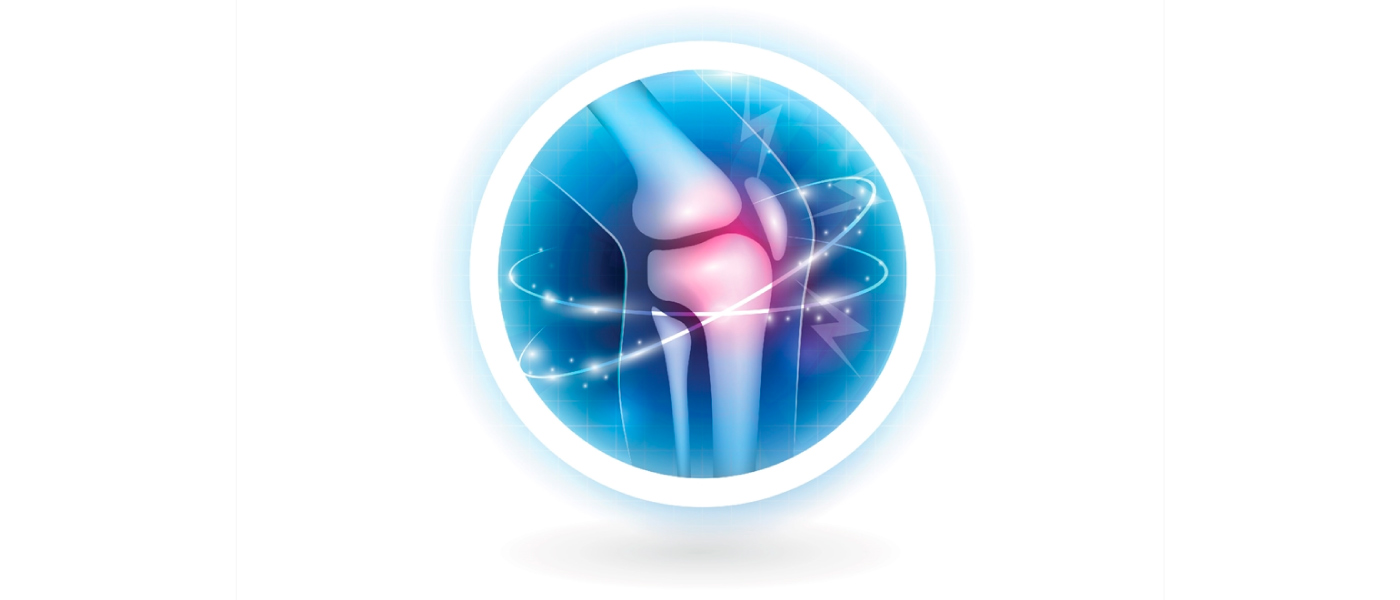Michael Goodisman, Associate Professor in Georgia Tech’s School of Biological Sciences

Goodisman says the simplest argument against genetic enhancement is that we can’t do it well right now. Another argument is that these technologies would only be available to people who could afford them. But the biggest argument against genetic enhancement is that you would be changing not only your health, but the health of future generations—your future generations.
But there is a counter argument. “If we have the ability to, let’s say, change a gene to make your heart stronger, shouldn’t we do that?” Goodisman asks. It’s not clear what the right answer is, and that’s something Goodisman teaches in his bioethics class. The course, which he describes as part science and part humanities, examines the process of science and the ethical implications of biological research.
“Many times, students learn how to do something, but they don’t have the opportunity to step back and think whether they should do it,” says Goodisman. “What makes an action ethical? What are the implications of an action? Are they good? We ask those questions.”
Goodisman says he hammers home three moral principles as the core of the class. The first is autonomy. An action is considered ethical if it allows individuals to do what they want, and it’s considered unethical to impose your own will on someone else. The second moral principle he teaches is beneficence, meaning an action is ethical if you are being kind to others. And the last principle is justice. This says we should treat equal things equally and unequal things unequally.
Here’s how those principles break down genetic enhancement: If someone wants to make their heart stronger, it would be ethical to give them the autonomy to do that. It would be kind because it would be enhancing their well-being. However, the action is not necessarily just, because not everyone can undergo genetic enhancement.
“There are very few actions that check all three boxes, and often there is no right answer,” Goodisman says. “It’s important to note two people can be ethical and arrive at very different conclusions.”

